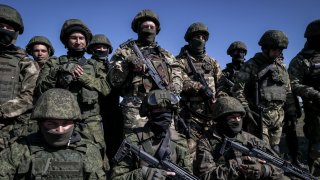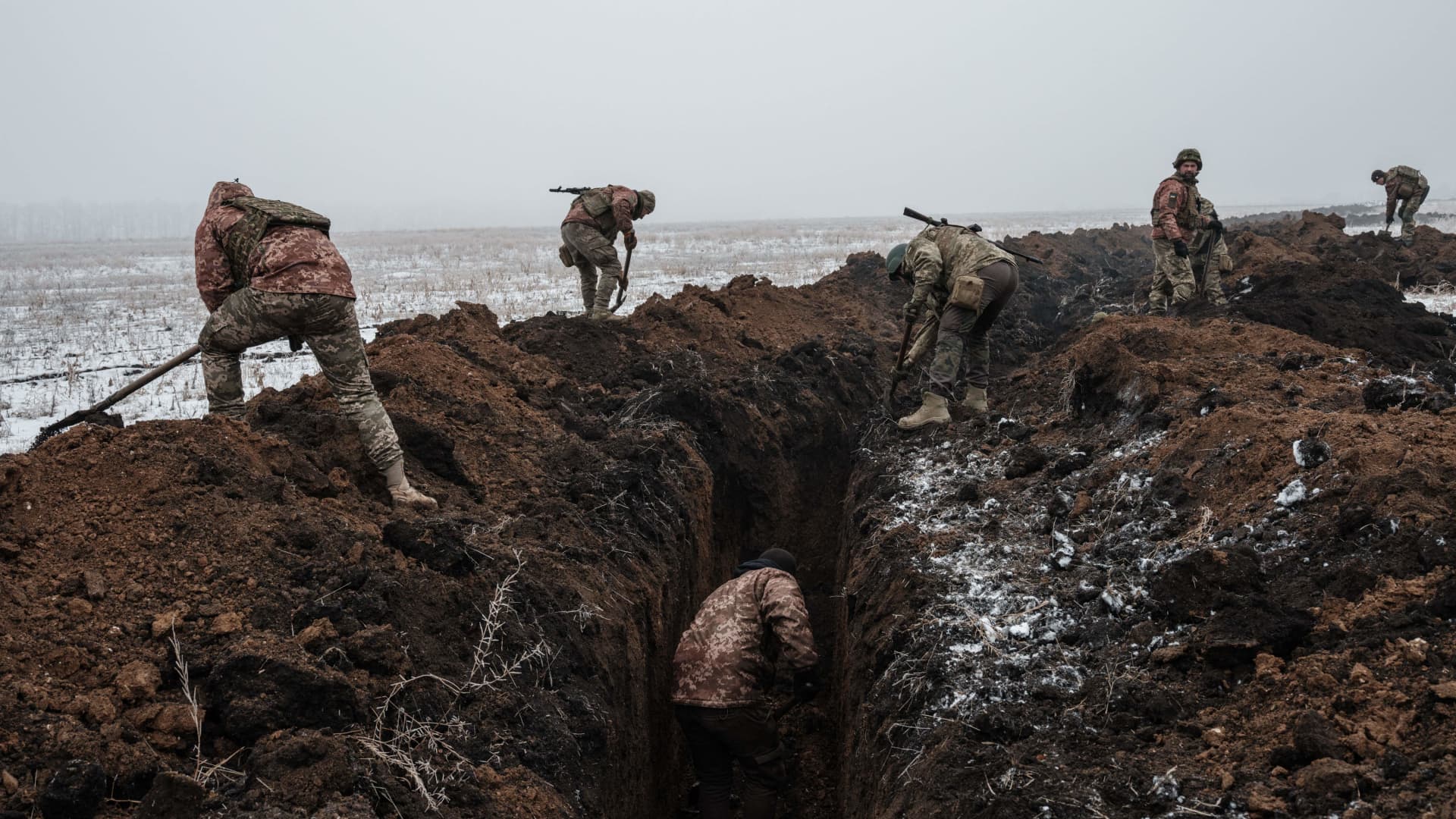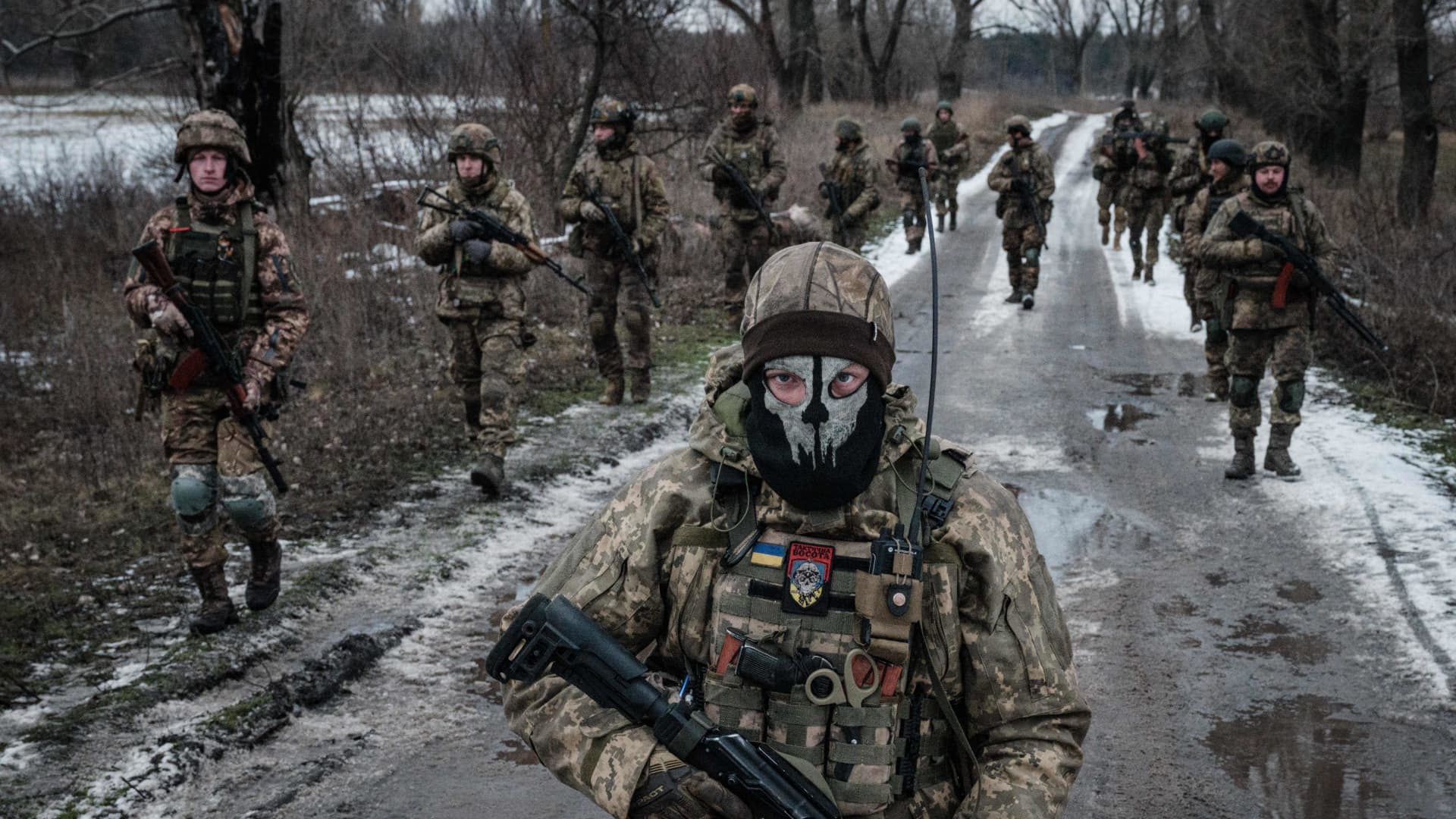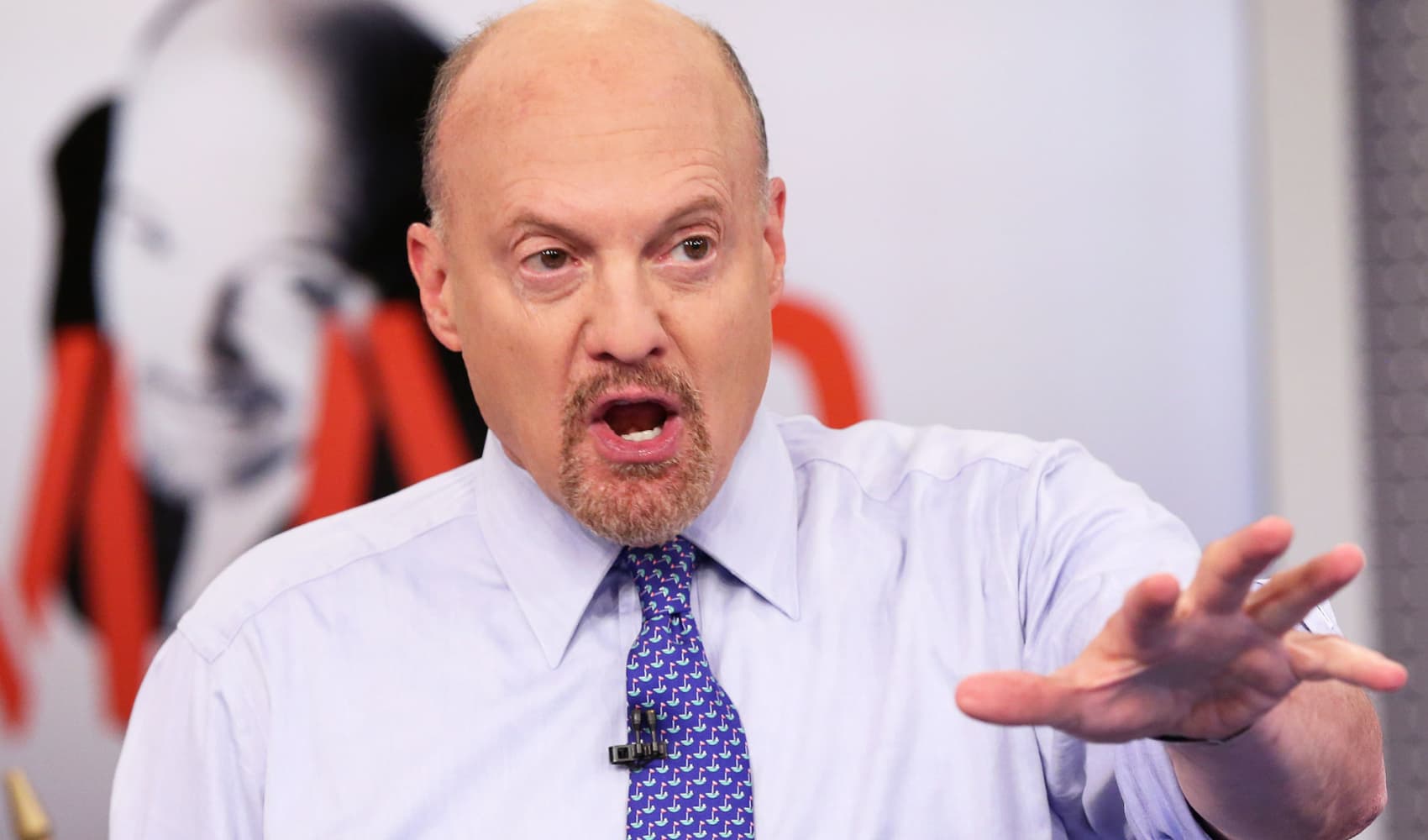
- A renewed Russian offensive in the east of Ukraine is underway.
- Ukrainian officials had been expecting it in the days and weeks leading up to the first anniversary of Russia's invasion of the country, on Feb. 24.
- The scope of Russia's plans remains uncertain.
A renewed Russian offensive in the east of Ukraine is underway.
It began last week with a renewed push by Moscow's forces on the outskirts of Bakhmut in Donbas, and a wave of attacks on Ukrainian infrastructure in Kharkiv and Zaporizhzhia.
Over the weekend, Russian forces shelled Ukrainian cities like Nikopol, a city in the southeastern Dnipropetrovsk region, where one person was reportedly killed.
Get Boston local news, weather forecasts, lifestyle and entertainment stories to your inbox. Sign up for NBC Boston’s newsletters.
Ukrainian officials had been expecting a renewed offensive in the days leading up to the first anniversary of Russia's invasion of the country, on Feb. 24, given the penchant for military symbolism and anniversaries in Moscow.
The scope of Russia's plans remains uncertain but whatever happens, it comes at a tricky time for Kyiv.
Ukraine's forces are already fighting intense battles in Donetsk, eastern Ukraine, and while the country's international allies have given it billions of dollars' worth of weapons since the war began, the latest tranche is not due to arrive for several months, potentially delaying its ability to launch a counter-offensive.
Money Report
Still, Ukrainian officials are keen to stress that they are prepared for whatever is coming — despite noting that Russia has an advantage in terms of manpower, having mobilized several hundred thousand men in recent months.
"Russia needs something to show [for the war]," Yuriy Sak, an advisor to Ukraine's defense ministry, told CNBC. "During the last six months, the only thing they were able to gain control of are the ruins of the city of Soledar, which is a village."
He expects Moscow to try to gain full control of the Donetsk and Luhansk regions.
"We are already seeing that they are amassing and building up their military presence in that part of the frontline, near Bakhmut and places like Kreminna ... there are signs of them preparing for something," he said, adding that Ukraine will do "everything possible and impossible" to make sure Russia doesn't achieve its aims.
Kyiv has not, however, seen the type of military build-up — such as armored vehicles, tanks and infantry — that suggests a high-intensity attack is immediately imminent, he added.
A spokesperson for the Russian Defense Ministry wasn't immediately available for comment when contacted by CNBC.

Andriy Zagorodnyuk, Ukraine's former defense minister, told CNBC there was a sense of anticipation in Ukraine about the potential offensive, but not fear.
"We are not intimidated by this too much. Of course, people are thinking and talking about that, and they're concerned ... but people just understand that we have some difficult time ahead and it's not like the other months were easy," Zagorodnyuk said.
He expects an offensive to be concentrated on Donetsk and Luhansk in the east, Zaporizhzhia in the south and Kharkiv in the northeast.
"Basically there will be a lot of artillery involved," he noted, "so it's very similar to what we've seen during this war in the areas where they did offensives [before]. So essentially that would artillery, tanks, armored vehicles, the movements of troops — basically standard-maneuver warfare in a Russian way ... What we'll see different from now is just the amount of people and amount of equipment."
Objectives
Western defense analysts agree that Russia is unlikely to deviate from a key goal in the war — to fully occupy a swathe of Ukraine stretching from the east to the south coast (essentially Luhansk, Donetsk, Zaporizhzhia and Kherson) that it claims to have annexed last September.
Moscow is thought to be focused on creating a land corridor to Crimea, the Ukrainian peninsular that it annexed in 2014.
"The main objective has to be to have fully occupied the territory of the four provinces annexed by Russia with great fanfare last year," Jamie Shea, a former NATO official and international defense and security expert at think tank Chatham House, told CNBC.
"Russia is controlling about 50% of the territory of those four provinces so clearly, that has to be the objective because anything less than that — to annex them and not fully control them — would be a humiliation for [Russian President Vladimir] Putin," he noted.
Shea, who was deputy assistant secretary general for emerging security challenges at NATO until 2018, said he did not expect a big bang start to the offensive.
Instead, he expects Russia to "grind out these slow advances," a tactic it has been employing in the Donbas in recent months which has seen Russian forces make small but steady advances — albeit at the expense of heavy casualties.
"The Russians are going to make sure they've got overwhelming superiority, advance a couple of kilometers, capture a village, and keep going with that step-by-step kind of progress," Shea said.

This strategy, he said, had the benefit for Russia of "grinding Ukrainians down." In addition, Russia knows that the equipment Ukraine has been promised by allies isn't going to show up until the summer.
Oleksandr Musiyenko, a military expert and head of the Centre for Military and Legal Studies in Kyiv, said that while there was a danger in the sheer number of troops Russia had at its disposal, the country's military had depleted its stock of heavy artillery and tanks.
"They will mobilize everything in Russia, they will try to take even older tanks, even with older models and artillery systems, and they will try to use it. So yes, we are disturbed about this. Yes, we can see the danger in this. But we also can see that we that Ukrainian military forces, with the support of our partners, have made huge progress in the last year," he noted.
Former Defense Minister Zagorodnyuk added that Russia's core weakness lies in the lack of care it shows its soldiers.
"They have loads of equipment, they have loads of weapons, they have loads of people and money ... The weakness is that this is still Russia ... it's still essentially an improved Soviet army," Zagorodnyuk, the current chair of the Kyiv-based Centre for Defence Strategies, said.
"But because they disrespect lives, they don't spend much time on creating quality capability. So essentially, this is a low-quality force, even if it's larger numbers."
Over the weekend, Ukrainian officials reportedly stated that Russia is already having trouble mounting its much-anticipated offensive.
"They have begun their offensive, they're just not saying they have, and our troops are repelling it very powerfully," Oleksiy Danilov, the secretary of Ukraine's National Security and Defense Council, told Ukrainian television Saturday, according to an AP translation.
"The offensive that they planned is already gradually underway. But [it is] not the offensive they were counting on."






